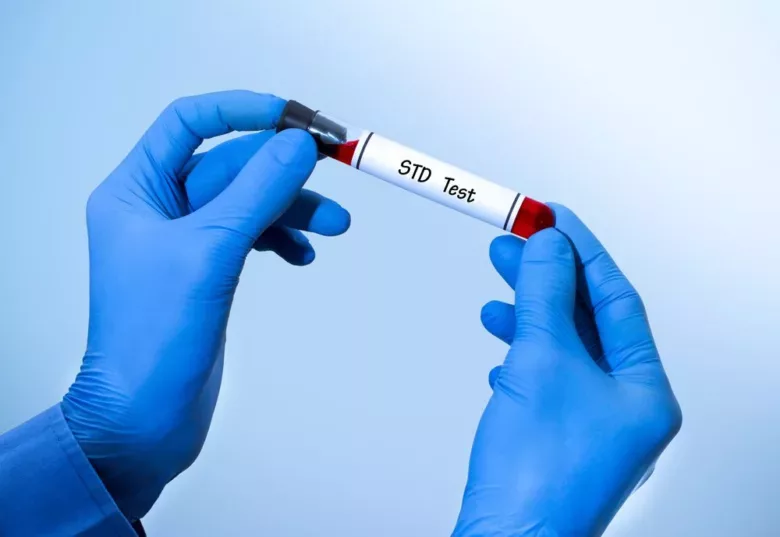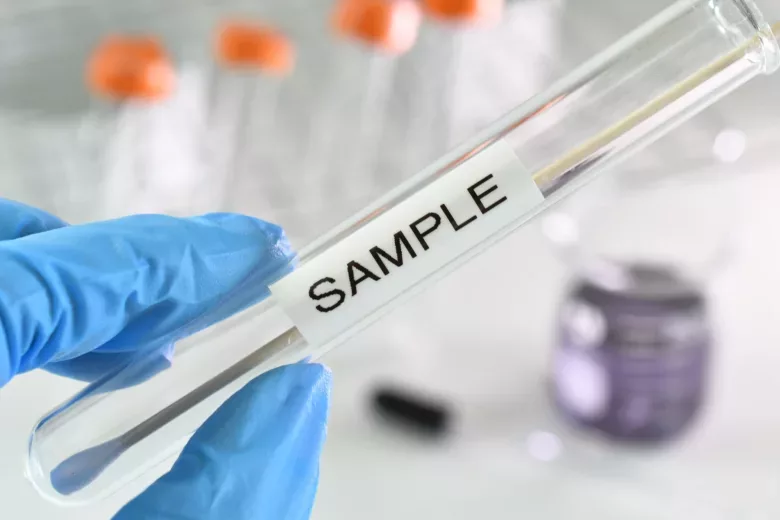Sexually transmitted diseases (STDs), also known as sexually transmitted infections (STIs), are infections that are primarily transmitted through sexual contact. STD testing is the process of checking for the presence of these infections in individuals, helping to diagnose and treat them promptly.
Types of STDs:
There are various types of STDs, including but not limited to:
- Chlamydia: A common bacterial infection that can affect both men and women. It often shows no symptoms but can lead to serious health issues if left untreated.
- Gonorrhea: Another bacterial infection that can affect the genitals, rectum, or throat. Similar to chlamydia, it may not cause noticeable symptoms but can lead to complications if not treated.
- Human Papillomavirus (HPV): The most common sexually transmitted infection. It can cause genital warts and increase the risk of certain cancers.
- Herpes: Caused by the herpes simplex virus (HSV), herpes can cause sores or blisters on the genitals, mouth, or rectum. It is a lifelong infection with occasional outbreaks.
- Syphilis: A bacterial infection that progresses in stages if left untreated. It can cause a range of symptoms and lead to severe complications if not treated early.
- HIV (Human Immunodeficiency Virus): A viral infection that attacks the immune system, potentially leading to acquired immunodeficiency syndrome (AIDS). Early detection is crucial for managing HIV effectively.
Importance of STD Testing:
STD testing is important for several reasons:
- Early Detection and Treatment: Many STDs may not present noticeable symptoms initially, but early detection through testing allows for timely treatment, preventing further complications.
- Preventing Transmission: Knowing your STD status helps prevent the spread of infections to sexual partners. If you test positive, you can take appropriate precautions and inform your partners to seek testing and treatment as well.
- Peace of Mind: Regular STD testing can provide peace of mind, reducing anxiety and promoting overall sexual health and well-being.
STD Testing Methods:
STD testing methods vary depending on the specific infection being tested for. Some common methods include:
- Blood Tests: These involve taking a blood sample to check for the presence of antibodies or the infection itself, depending on the STD being tested.
- Urine Tests: A urine sample may be collected to test for various STDs, such as chlamydia and gonorrhea.
- Swab Tests: Swabs are used to collect samples from the genitals, anus, throat, or mouth. These samples are then tested for infections like chlamydia, gonorrhea, and herpes.
- Physical Examination: In some cases, a healthcare provider may visually inspect the affected area for signs of STDs like genital warts or syphilis sores.
Where to Get Tested:
STD testing can be done at various healthcare facilities, including:
- Primary Care Physicians: Your regular doctor can often provide STD testing or refer you to a specialist if necessary.
- Sexual Health Clinics: These specialized clinics offer comprehensive STD testing services and are well-equipped to handle a range of sexual health concerns.
- Planned Parenthood Centers: Planned Parenthood centers provide affordable sexual and reproductive healthcare, including STD testing.
- Local Health Departments: Many local health departments offer free or low-cost STD testing services as part of their public health initiatives.
Conclusion:
It’s important to remember that accurate information about STD testing and treatment can vary depending on your location and the specific healthcare resources available to you. It’s always recommended to consult with a healthcare professional for personalized advice and guidance regarding STD testing.


